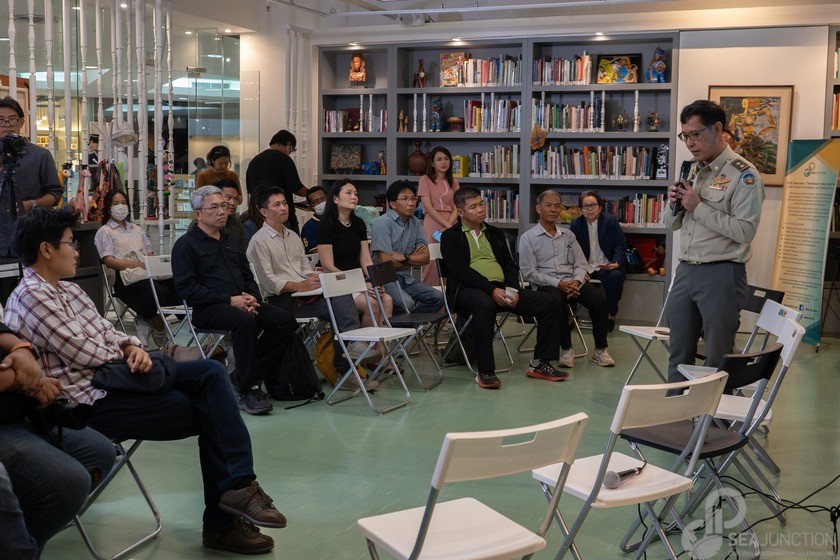At the beginning of the 20th century, there were more than 100,000 wild elephants living in Thailand. By the early 2000s, fewer than 3,000 remained nationwide as extensive poaching, logging and encroachment into forests severely impacted the population. These actions had put Thailand’s national animal, the elephant, on the endangered species list.
The response was quickly to protect the remaining forests, forming wildlife parks and sanctuaries where the animals could live in safety. But this protection was so effective that the numbers of key species – including the elephant – exploded and certain national parks became unable to sustain this booming population. As a result, the elephants started to roam, looking for food and new areas outside of the forests, leading to Thailand’s most intense human-elephant conflict (HEC). Many of the elephants never returned to the original forest and now live almost exclusively amongst the eucalyptus, rubber, and palm plantations and occasional community forest within close proximity to villages.
At Khao Ang Rue Nai Wildlife Sanctuary, the heart of the Eastern Forest Complex, the population soon exceeded the park’s carrying capacity and around 15 years ago the first elephants began to venture outside. This put them in direct conflict with the communities that live around the peripheries of the park.
Today, experts estimate that approximately 600 wild elephants live in this area with more than half living permanently outside the boundaries of the sanctuary. With a birth rate estimated to be at 8% per annum in this area, one thing many agree on is that the problem is only going to get worse.
German weekly news magazine Der Spiegel has investigated this conflict and its complexities alongside the British documentary photographer Luke Duggleby with the support of the Pulitzer Center on Crisis Reporting. A hugely contentious issue remains with different opinions on possible solutions; is it, if not fixable, manageable?
A special forum and art talk, organized by Bangkok Tribune and its partners and supported by the Pulitzer Center, was held on 25th August, 10 am – 3 pm at SEA-Junction in the BACC building to facilitate public discussion and further raise public awareness of the issue.
Photo credit: Decode.Plus/ Bangkok Tribune




























